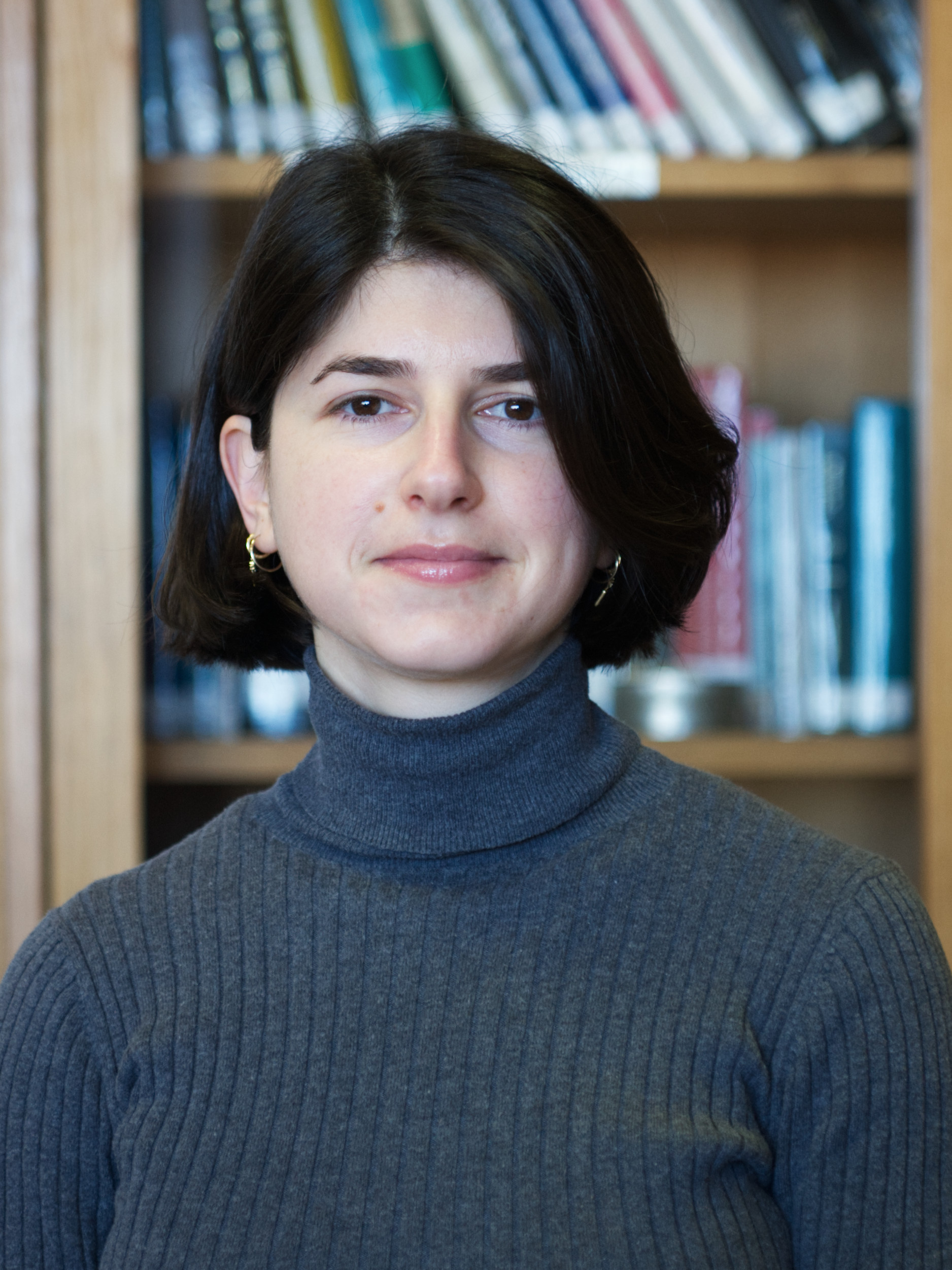Enisa Aruçi

General information
Researcher
GustaBrain - Gustation & Brain
enisa.aruci@u-bourgogne.fr
HAL
ORCID
Job
Postdoctoral researcher, CNRS
- B.S. Health Nutrition from University of Burgundy
- Ph.D. Biochemistry and molecular biology, University of Burgundy
Activities
Research theme
Enisa uses the fruit fly, Drosophila melanogaster to study how non-caloric artificial sweeteners (NAS) and low-calorie sweeteners (LCS) consumption devaluate sweet taste value. Studies have shown that NASs and LCSs ingestion is not metabolically neutral as expected. Their intake is correlated with feeding disorder, weight gain and contribute to the metabolic syndrome. However, it is currently unclear how the uncoupling between sweet taste and caloric income affects feeding. Her primary projects are to investigate how the consumption of sweet but non-caloric products leads to metabolic syndrome and to uncover the neural circuitry involved in this feeding behavior. She did her Ph.D. at the University of Burgundy where she studied the implication of an odorant-binding proteins (OBPs) in precopulatory behavior and interaction with the bacterial microbiota. Then she moved for a Postdoctoral position in the Wolfner Lab at Cornell University for one year where she studied how sex peptide (SP) bind to sperm in Drosophila species. Also, she started to study the female molecules implicated in reproduction processes.
Scientific approach
Drosophila, sweetener, feeding behavior, neural circuit, metabolic syndrome
Key words
Taste, post-ingestion, neurosciences, Drosophila, behavior, metabolism, memory, immunity
Important publications
- Aruçi, E., Saliou, J.-M., Ferveur, J.-F. and Briand, L. 2022. Proteomic Characterization of Drosophila melanogaster Proboscis. Biology, 11: 1687. DOI: 10.3390/biology11111687

